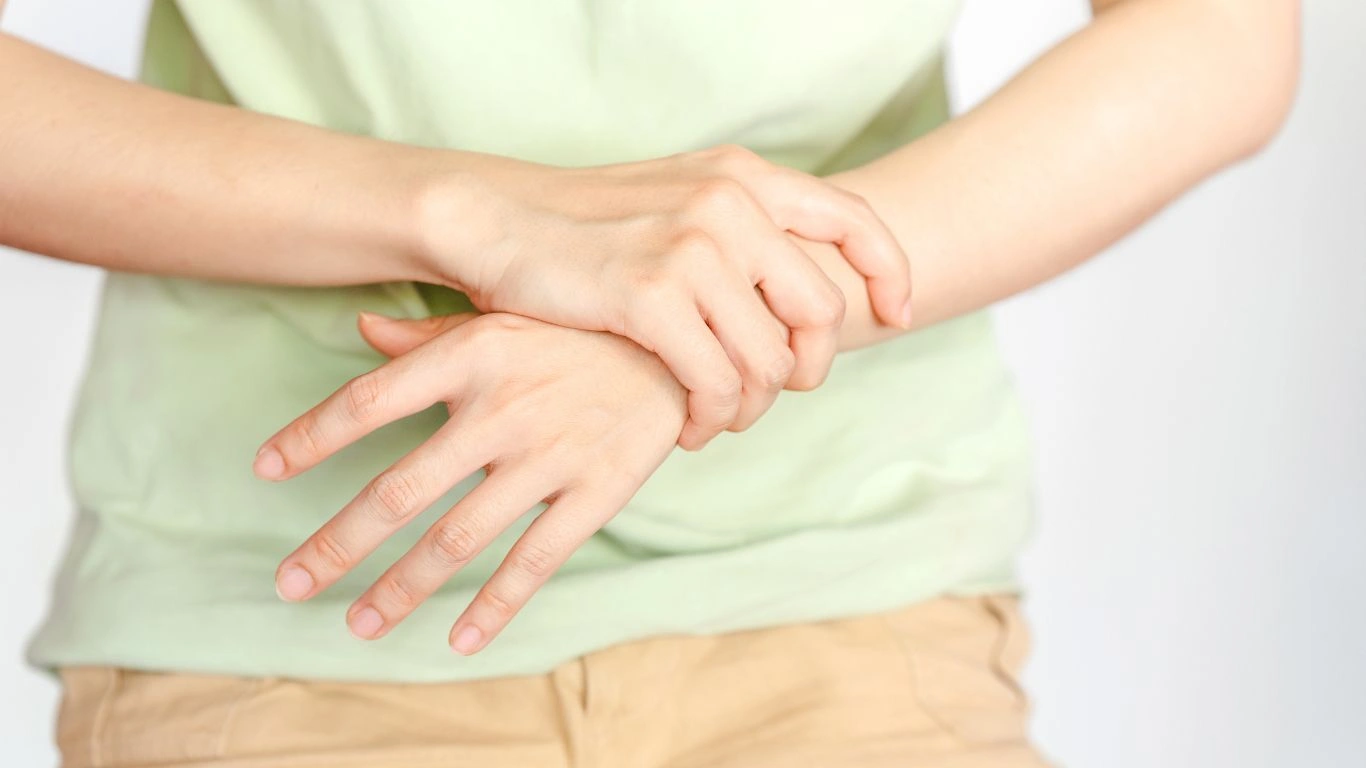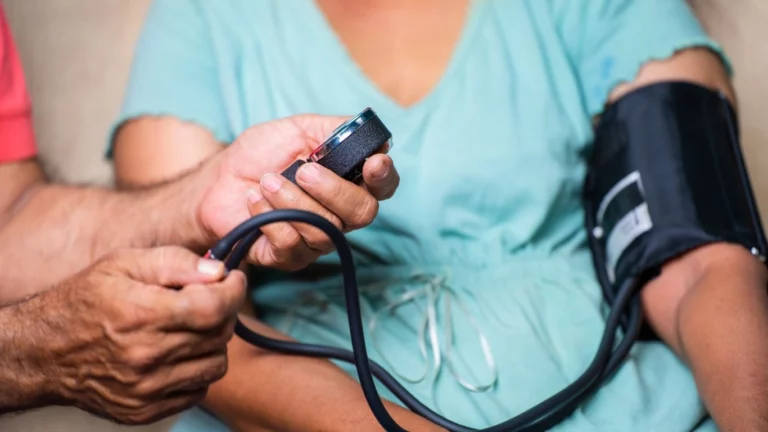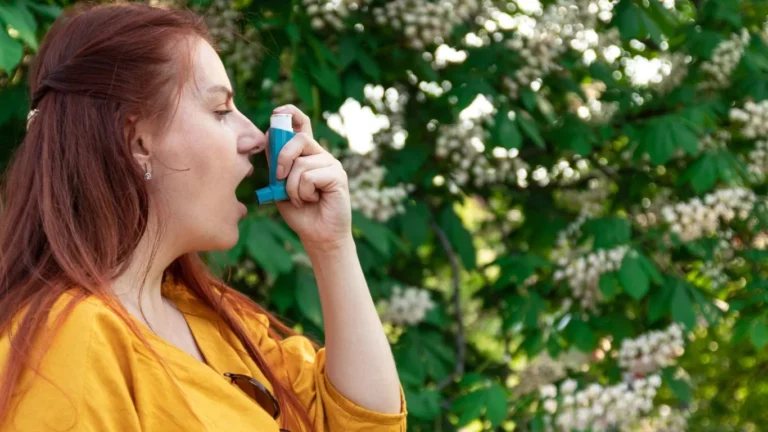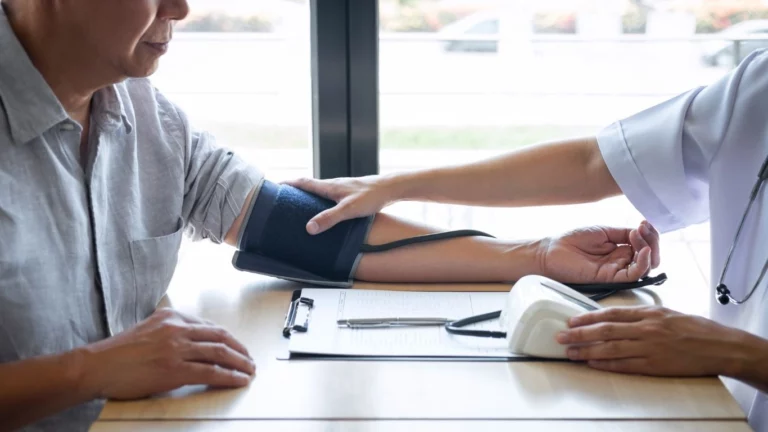How Dehydration Worsens Rheumatoid Arthritis Symptoms
Living with rheumatoid arthritis (RA) can be challenging enough, but did you know that not drinking enough water might make your symptoms worse? Dehydration doesn’t directly cause RA, but it can affect how your joints feel and how well your body handles inflammation. If you’re managing RA, staying properly hydrated might be more important than you think.
Understanding Rheumatoid Arthritis and Your Body
Rheumatoid arthritis is an autoimmune disease. This means your immune system mistakenly attacks healthy parts of your body, especially the joints. It causes inflammation, pain, stiffness, and sometimes joint damage over time.
In RA, the immune system targets the lining of your joints, called the synovium. This leads to swelling and can wear away cartilage and bone if not treated. It can affect both small joints, like fingers and toes, and larger joints like knees, shoulders, and hips.
People with RA often experience “flare-ups”—times when symptoms get worse—and periods of remission, where things calm down. Many things can trigger flares, including infections, stress, poor sleep, and even dehydration.
How Hydration Affects Joint Health and RA Symptoms
Your body is made up of around 60% water. Every system—including your joints—relies on water to function well. In fact, cartilage, the cushiony tissue at the end of your bones, is made up of about 70–80% water.
When you’re dehydrated, there’s less fluid available to keep your joints lubricated. This can lead to more friction, stiffness, and discomfort. Dehydration can also make it harder for your body to flush out toxins and manage inflammation, both of which are important for people with RA.
For someone with rheumatoid arthritis, dehydration may make pain feel more intense, fatigue more draining, and swelling more noticeable. Over time, not getting enough fluids could potentially worsen joint stiffness and slow down recovery from flares.
What Happens in Your Body When You’re Dehydrated?
- Less Joint Lubrication: Synovial fluid, which cushions your joints, becomes thicker and less effective.
- Increased Inflammation: Dehydration may trigger the release of stress hormones that boost inflammation.
- Poor Waste Removal: Your body has a harder time clearing out cellular waste and toxins, which can irritate tissues.
- Lower Energy Levels: Dehydration can cause fatigue, which may feel worse during RA flares.
- Muscle Cramps and Weakness: These issues can increase discomfort and limit movement.
Even mild dehydration can impact your overall comfort and how you feel day to day. Because RA already affects energy and mobility, staying hydrated can be a simple step to support your body’s natural functions.
Signs You Might Be Dehydrated
It’s not always easy to tell when you’re dehydrated, especially if you’re focused on managing other symptoms. Here are some common signs:
- Dry mouth or dry eyes
- Dark yellow urine or urinating less often
- Fatigue or dizziness
- Headaches
- Increased joint stiffness or pain
- Muscle cramps or weakness
Because some of these symptoms overlap with RA, it can be easy to miss the role dehydration might be playing. Keeping track of your fluid intake can help you spot patterns between hydration and symptom changes.
What Causes Dehydration in People with RA?
Several factors can increase the risk of dehydration in people with rheumatoid arthritis:
- Medications: Some RA treatments, like diuretics, steroids, or methotrexate, may lead to fluid loss or make you more prone to dehydration.
- Reduced Thirst Sensation: RA and some medications can dull your body’s natural thirst cues.
- Limited Mobility: Pain or stiffness may make it harder to get up for a drink or prepare meals.
- Increased Sweating: If you have fever during flares or are active during warm weather, you may lose more water through sweat.
Knowing these risk factors can help you take small steps to prevent dehydration before it starts.
Tips to Stay Hydrated
You don’t need to drink gallons of water each day to stay hydrated. Small, steady habits can go a long way:
- Keep a water bottle nearby throughout the day
- Drink a glass of water with each meal and snack
- Add flavor with lemon, cucumber, or herbs if plain water is boring
- Include water-rich foods like fruits and vegetables
- Set reminders if you often forget to drink
Most adults need around 8–10 cups of fluids a day, but this can vary depending on your body size, activity level, and medications. Talk with your healthcare provider about what’s right for you.
When to Talk to a Doctor
If you have RA and notice your symptoms are getting worse—especially if you’re feeling unusually tired, dizzy, or having more joint pain—it’s a good idea to check in with your doctor. These might be signs of dehydration or something else that needs attention.
You should also reach out if you have:
- Persistent dry mouth or trouble swallowing
- Urine that’s consistently dark or very infrequent
- Frequent headaches or lightheadedness
- Sudden changes in your RA symptoms
Your doctor can help rule out other causes and suggest hydration strategies or adjust your medications if needed. They may also check for kidney function or other health concerns that can affect fluid balance.
Final Thoughts
Staying well-hydrated is one small but important way to support your health if you have rheumatoid arthritis. It can help keep your joints moving more smoothly and your body working its best. While drinking water won’t cure RA, it can help you feel more comfortable and may even ease some symptoms during a flare.
Listen to your body, stay in touch with your care team, and don’t underestimate the power of a simple glass of water. It might just make your day a little easier.

Tarra Nugroho is a dedicated Nurse Practitioner with a strong foundation in family and preventive care. She brings both compassion and clinical expertise to her practice, focusing on patient-centered care and health education. As a contributor to Healthusias.com, Tarra translates medical knowledge into clear, empowering articles on topics like women’s health, chronic disease management, and lifestyle medicine. Her mission is simple: help people feel seen, heard, and informed—both in the clinic and through the content she creates. When she’s not caring for patients, Tarra enjoys weekend hikes, plant-based cooking, and curling up with a good health podcast.







